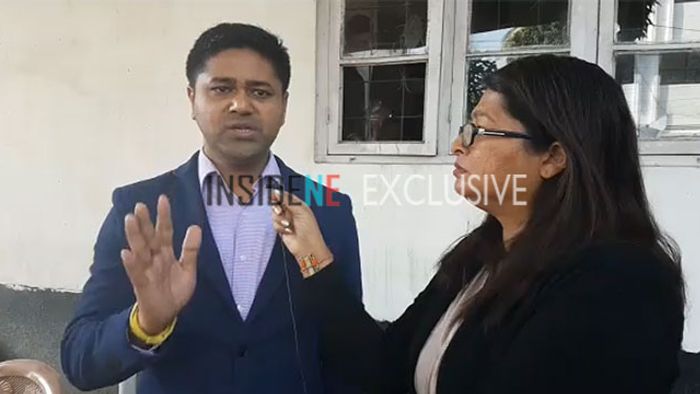Why the Modi Govt is expected to come under international censure for its resolve to impose 'CAA'

- Oct 27, 2020,
- Updated Oct 27, 2020, 12:48 AM IST
New Delhi: The Modi government has come under renewed criticism after its recent push to enact the controversial Citizenship Amendment Act (CAA) which has a religious filter. The concern over this Act transcends borders and the Indian Government is likely to face censure from International bodies which seem to be opposing the controversial 'CAA' tooth and nail.
J.P. Nadda, BJP president’s recent comments on the CAA being "non-negotiable" has reportedly worried the foreign office. The United States’ State Department Office of International Religious Freedom is expected to table its report on Indiaand there is reason to fear that India may come in for public censure.
Union Home Minister Amit Shah, meanwhile, has slid to the backdrop post his long convalescence from COVID-19. Not too long ago, Shah was the staunchest supporter of the 'CAA' and the biggest critic of the 'anti-CAA brigade.'
Also Read: Wine shops in many parts of Guwahati city to remain closed on Oct 27
The citizenship bill enacted on December 12, 2019 after it was cleared by Parliament. It promised to fast-track citizenship for undocumented migrants belonging to six faiths not including Islam and Judaism, who fled from religious persecution in Bangladesh, Afghanistan and Pakistan before December 21, 2014.
Since its passage in both of the Houses of Parliament, the 'CAA' has come under heavy criticism from many leading international bodies.
On December 19, 2019, U.N. Secretary General Antonio Guterres had spoken of worries over the “risk of statelessness” that arose from the CAA being used as a discriminatory measure and that the UN was ‘concerned’ that the CAA was ‘fundamentally discriminatory in nature’. He also expressed concern over violence and alleged use of excessive force by security forces in the protests against the Bill.
In March 2020, the Geneva-based Office of the High Commissioner for Human Rights (OHCHR) filed an application in the Indian Supreme Court, asking to be impleaded in the petitions challenging the Citizenship Amendment Act. This, in itself, was an unprecedented move.
On October 20, 2020, The UN High Commissioner for Human Rights (UNHCHR) Michelle Bachelet appealed to Government of India to review the Foreign Contribution (Regulation) Act and its compliance with international human rights norms, and regretted that it was being “used to deter or punish NGOs for human rights reporting”.
Readers like you make Inside Northeast’s work possible
To support our brand of fearless and investigative journalism, support us HERE.
Download:
The Inside Northeast app HERE for News, Views, and Reviews from Northeast India.
Do keep following us for news on-the-go. We deliver the Northeast.